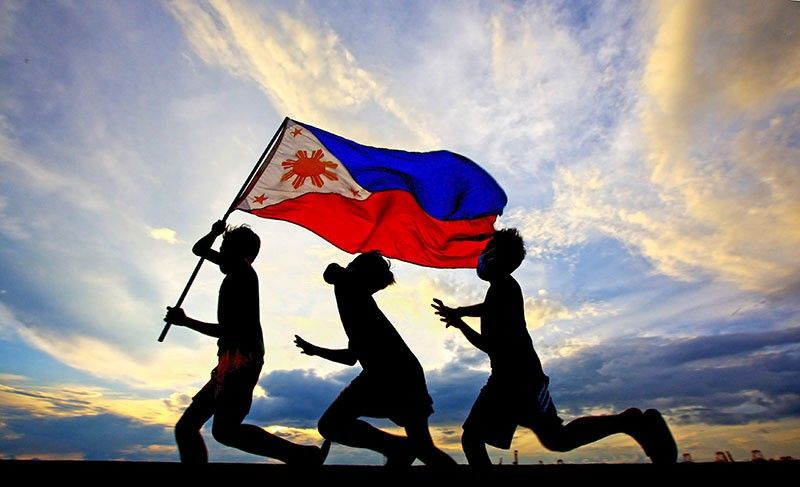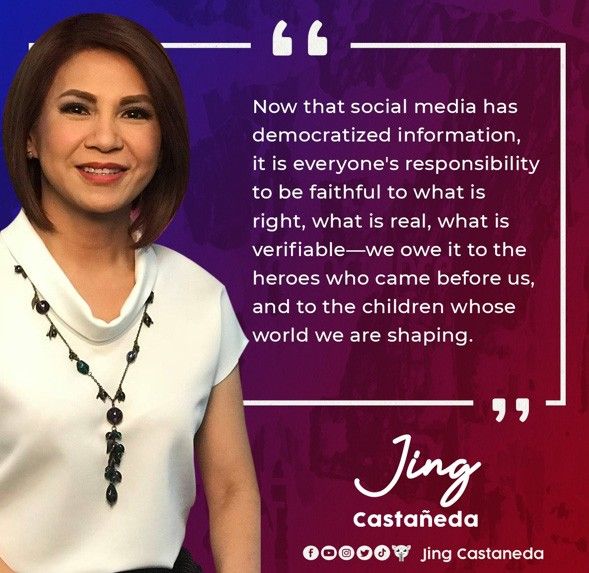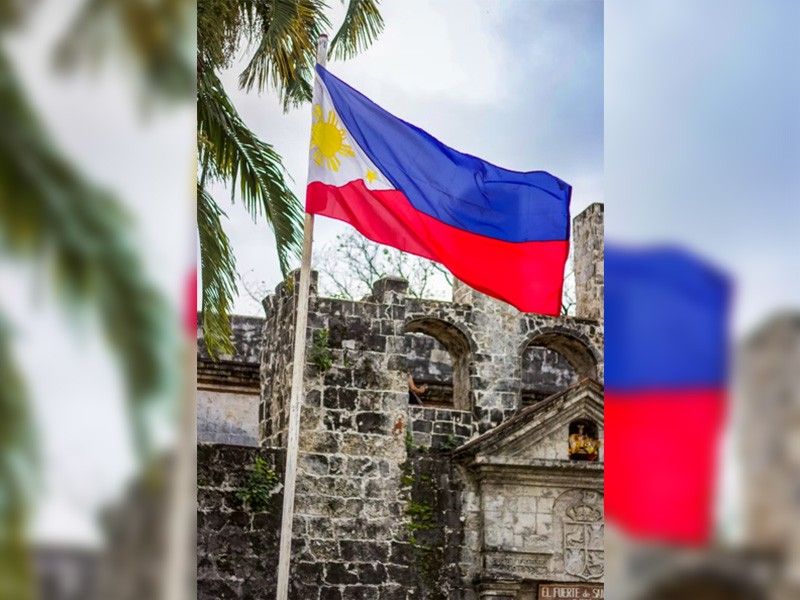124 years later, how free are we really?

Those who study history study change. Historians are masters at investigating and understanding human identities as well as the transformations of society and civilizations over time. They employ a variety of methods and analytical tools to answer questions about the past and reconstruct the diversity of past human experience, including how profoundly people differed in their ideas, institutions, and cultural practices; how widely their experiences varied by time and place; and how they struggled while inhabiting a shared world.
I was fortunate enough to interview two such scribes on our Pamilya Talk - Independence Day special --- ‘woke’ content creator Janina Vela and De La Salle University Professor Xiao Chua --- where we discussed the impact of historical revisionism on today’s world.
As language changes and evolves, it is not uncommon for a word or phrase to enter the mainstream and leave many people perplexed about its true meaning. "Woke" is one such word that has become increasingly popular in recent years. The term "woke" got intertwined with the Black Lives Matter movement. But instead of simply indicating an “awareness of important facts and issues especially issues of racial and social injustice,” it became a call to action. As Janina said on our show, “Talagang pag namulat ka na, kasalanan nang pumikit” (once you have opened your eyes, it is an injustice to close them again).

But juvenoia (the fear or hostility directed by an older generation toward a younger one, or toward youth culture in general) makes it easy for people to dismiss woke content creators as ‘not knowing anything’, ‘naive’, or reduce them into mere ‘propagandistas’. It is a deliberate refusal to listen to what the youth are saying because we worry about where the information originates from. This excessive sort of dread regarding social change's influence on young people has arisen as a result of their seemingly unprecedented and unmanageable exposure to a diversity of values and influences not our own. Almost every parent from every socioeconomic background sees him or herself as parenting children in opposition to popular culture. It undermines parents, pitting them against materialism, secularism, government regulation, historical revisionism, religious and racial intolerance. Of course, the internet is one of the institutions that has enhanced the diversity of such exposures, causing constant worry about children's exposure to external assaults on their family's beliefs.
Bu thankfully, responsible content creators like Janina and Prof. Xiao know how important it is to verify information before sharing it – to shed light on context that is integral to a collective understanding. Prof. Xiao was also quick to point out that history also requires a methodology. It is the lens through which we examine pertinent and relevant events in order for us to have a critical viewpoint for understanding (and addressing!) current and future challenges. These methodologies are the ones that provide us with the means to evaluate and explain problems from the past, allowing us to recognize patterns that would otherwise be invisible in the present.
It may seem like plain common sense that all of the good and bad qualities about people and the way we organize ourselves will simply breed patterns as we continue to make history as a species. It's possible that we're simply predisposed to irrationality, which leads us down certain disastrous pathways over and over. But it is also entirely possible that we are the architects of our own realities. If not for the humility of those who are ‘woke’ when it comes to recognizing inherent bias and striving to open dialogue about our well-guarded beliefs, we are doomed to repeat the same mistakes.

Take for example the Bantayog ng Mga Bayani. Underfunded, undermanned, and unprotected, we stand to lose the history enshrined therein because it just hasn’t been able to keep up with the times. This sends a painful message, especially to those of my vintage, who understand the importance of preserving the annals of history, and the deference owed to those who died in the struggle for freedom. To honor them, we must all thirst and strive to shine a critical light on the current landscape, and to search for the root cause of our collective condition. Journalists know this. Verify verify verify, else you wind up with an egg on your face when the story blows up.

In 1898, Emilio Aguinaldo declared the Philippines free from the yoke of Spain. 124 years later, we are still smarting from the effects of 300 years of colonial rule which sought to control the way that Filipinos lived, thought, and moved in society. 124 years later, we are still battling with social control – although the aggressor is no longer a tangible external State, but a plethora of irresponsible social media content creators who try to rewrite history with unverifiable and sometimes downright false information that is easily accessible and widely spread. It makes one wonder, how long will our children feel the effects of deliberate and intentional disinformation? Will it take 124 years, or more?
History builds empathy. Learning about the diversity of human experience allows us to respect cultures, beliefs, and traditions that are not our own – and to identify them as significant products of certain periods and places. History teaches us how different our lived experiences are from those of our forefathers, yet how similar our aspirations and beliefs are. Now that social media has democratized information, it is everyone’s responsibility to be faithful to what is right, what is real, what is verifiable – we owe it to the heroes who came before us, and to the children whose world we are shaping.
--
Watch Pamilya Talk on Facebook, YouTube, and Kumu (@JingCastaneda – 12:00 noon – 1:00 p.m. Monday & Wednesday). You can also follow my social media accounts: Instagram, Facebook, YouTube, Tiktok, Twitter and Kumu. Please share your stories or suggest topics at [email protected]
- Latest
























